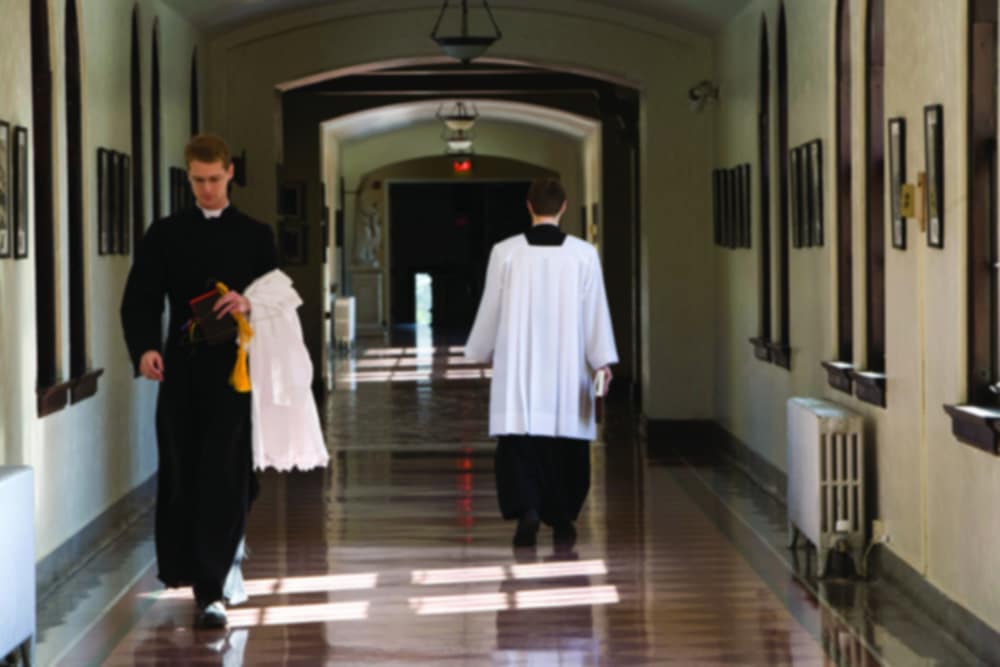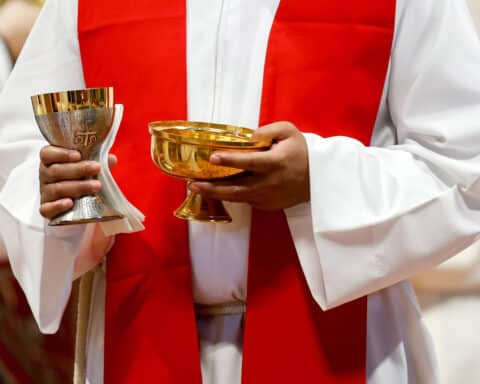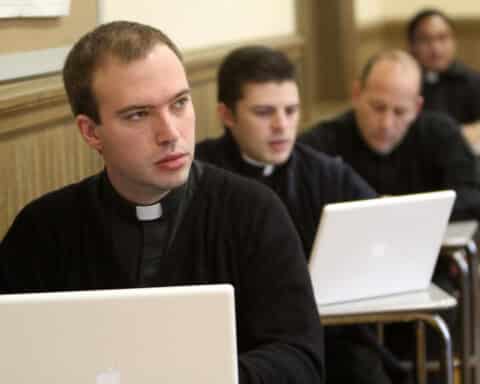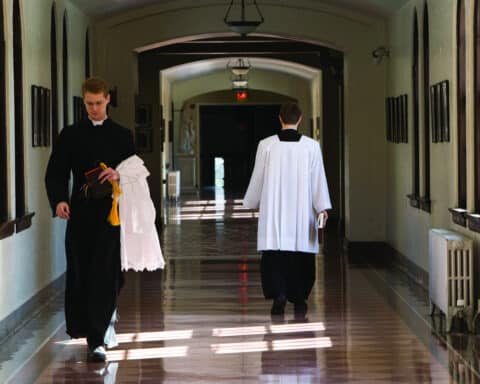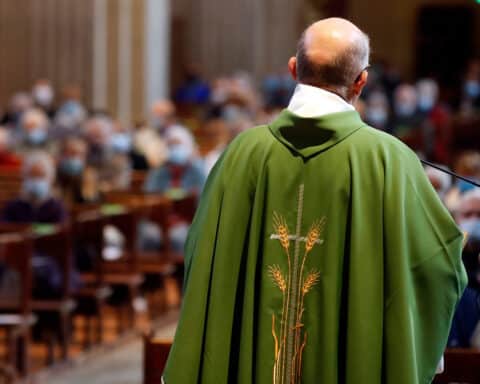
I answered that I could not speak, one way or the other, about the worth of programs in all of the American seminaries, let alone all the seminaries in the world. I also cautioned that so far psychiatry has developed no test or examination that can indicate if a person sometime in the future will sexually abuse a youth or child.
This being admitted, I referred to my friend to the record that is readily available. Virtually every American diocese and every congregation of male religious have published the names of priests accused of abuse for all to see. It hardly is a secret. Go to Google, and there are the references to the lists. Click on the list of particular interest to you.
Not long ago, I conducted such a search, just for my own enlightenment. I looked at every list that I could find. It was heart-sickening. I was deeply disturbed to see how many innocent young people have been harmed. It was disgusting to think that priests, bishops, nuns and lay employees of the Church have robbed it of the trust that it should enjoy from people.
Then, I looked at the cases. This aspect was most fascinating. Very rarely did the name of a young priest appear — and I mean very rarely.
The troublemakers all went through seminaries years ago. I remember the seminaries of those days. Why? I was also studying in seminary at the time.
Pedophilia is part of an overall psychological problem, a sexual maladjustment, something going wrong in the normal development of the person.
A while back, the Vatican and our own American bishops realized that seminaries were key if sexual abuse of the young would be curtailed or hopefully eliminated.
At that point, Rome ordered a complete and thorough review of American seminaries. It appointed Archbishop (now Cardinal) Edwin O’Brien to be in charge. In Church circles, Archbishop O’Brien has the highest marks for knowing how to run seminaries.
Under his direction, the investigations began. No American seminary was exempt. Teams of experts in education, pastoral practice, psychology and human development were assembled of bishops, clergy and laypeople. No page was left unturned.
Many changes occurred, but very importantly, seminarians now are led to look deeply into their hearts and souls and to confront their psychological needs with competent assistance. This includes a full awareness of celibacy. The Church’s ideal is that no priest is forced to be celibate but that all priests choose to be celibate.
This, I believe, is working. Putting sex abuse aside, have you noticed that seldom do young priests leave the priesthood to marry? Once, remember, such departures accounted for a virtual tidal wave. Seminarians now bluntly are told what celibacy means, and then they are told to take it or leave it, and to take it only because they want to be perfect disciples.
Social and personal pressures can be ferocious. Psychiatry is limited, as is any human science, but I have high hopes for our future priests.
Msgr. Owen F. Campion is OSV’s chaplain.

